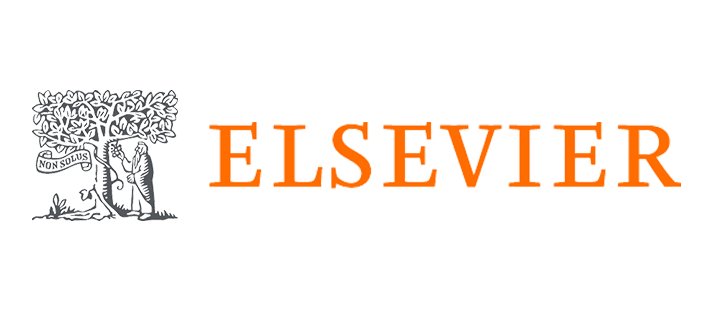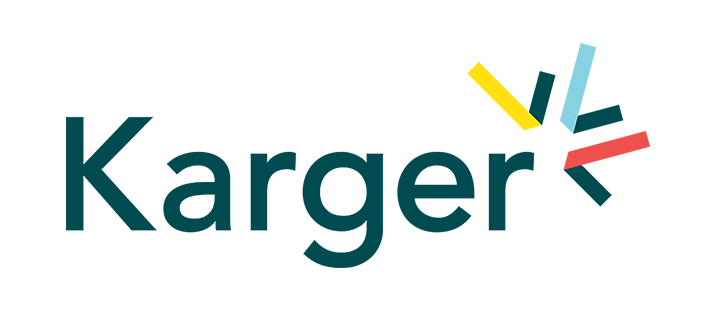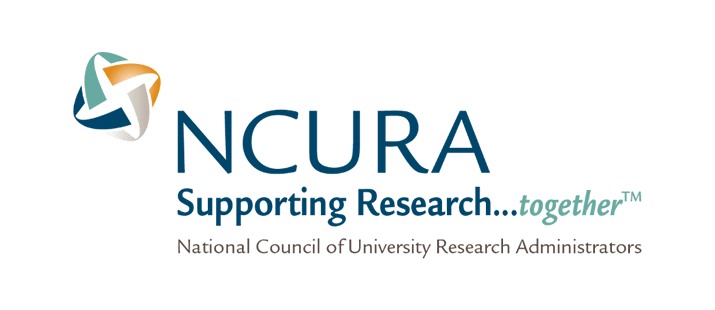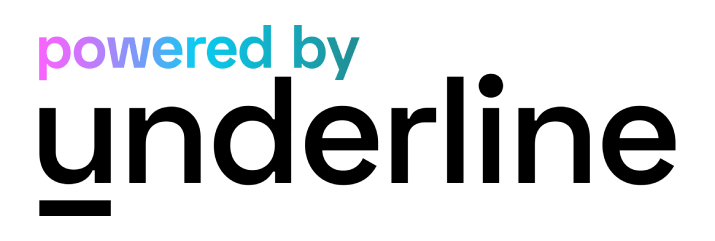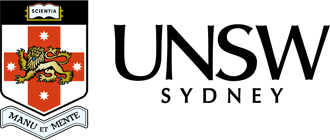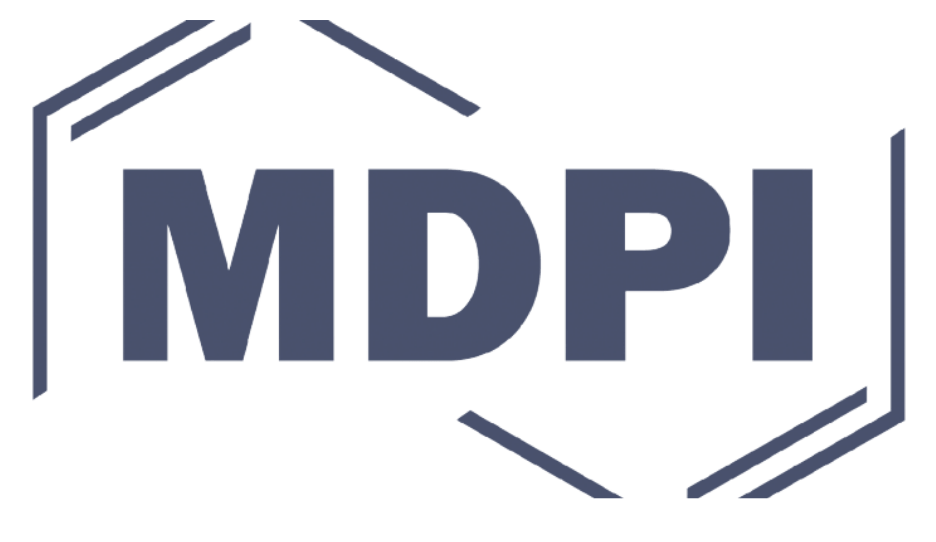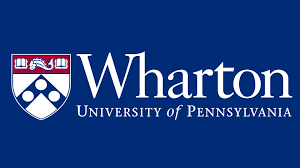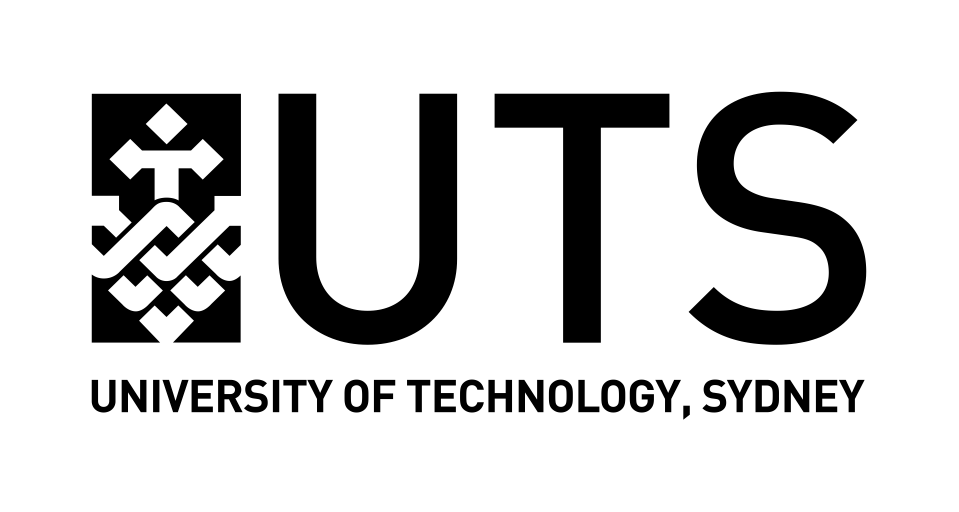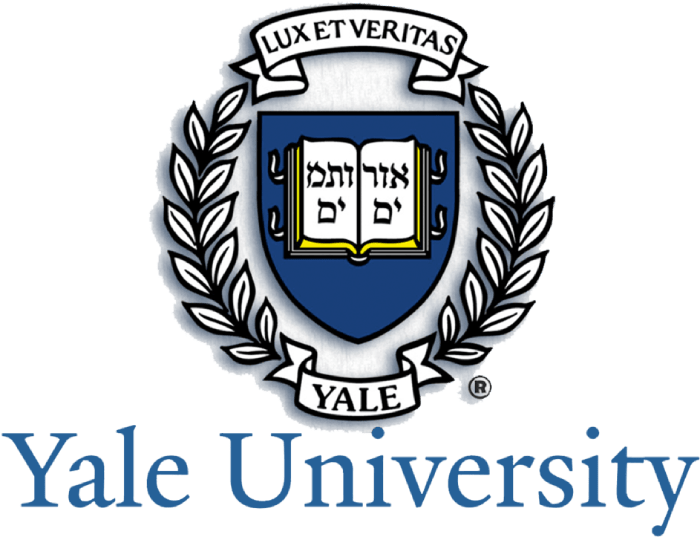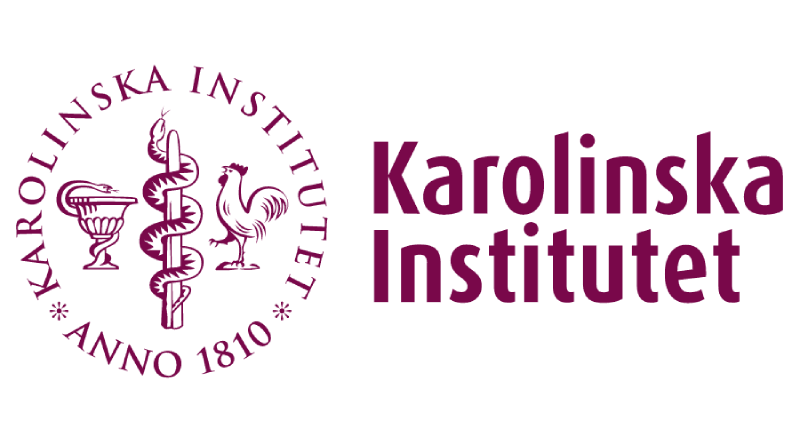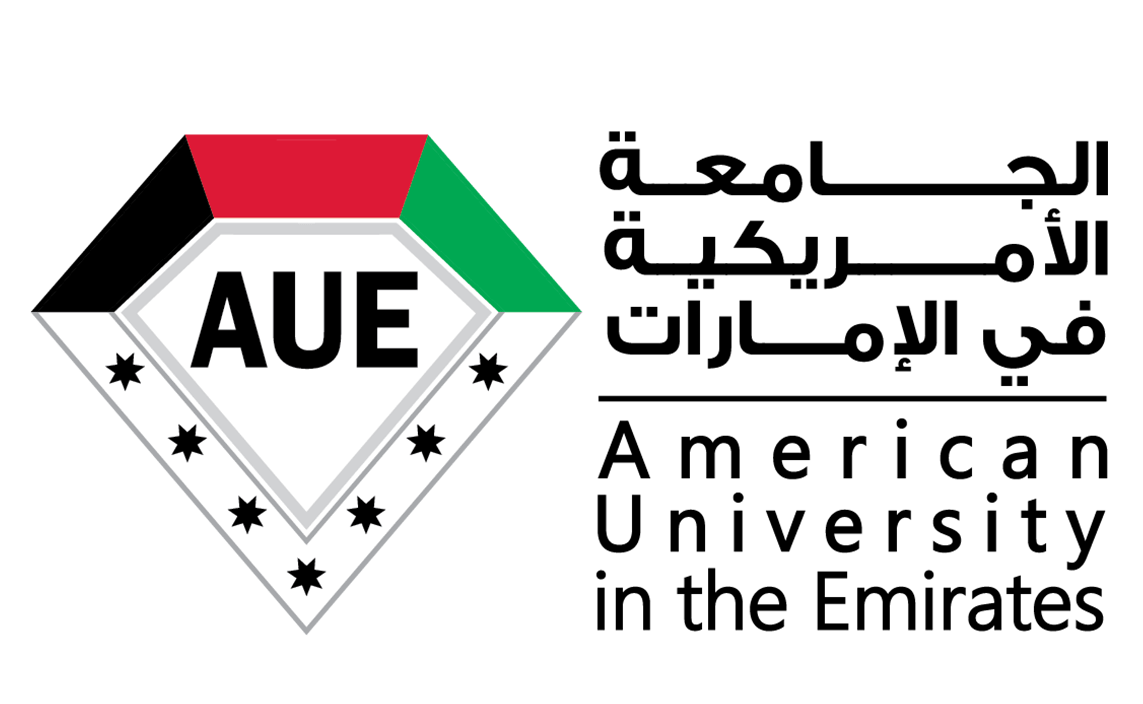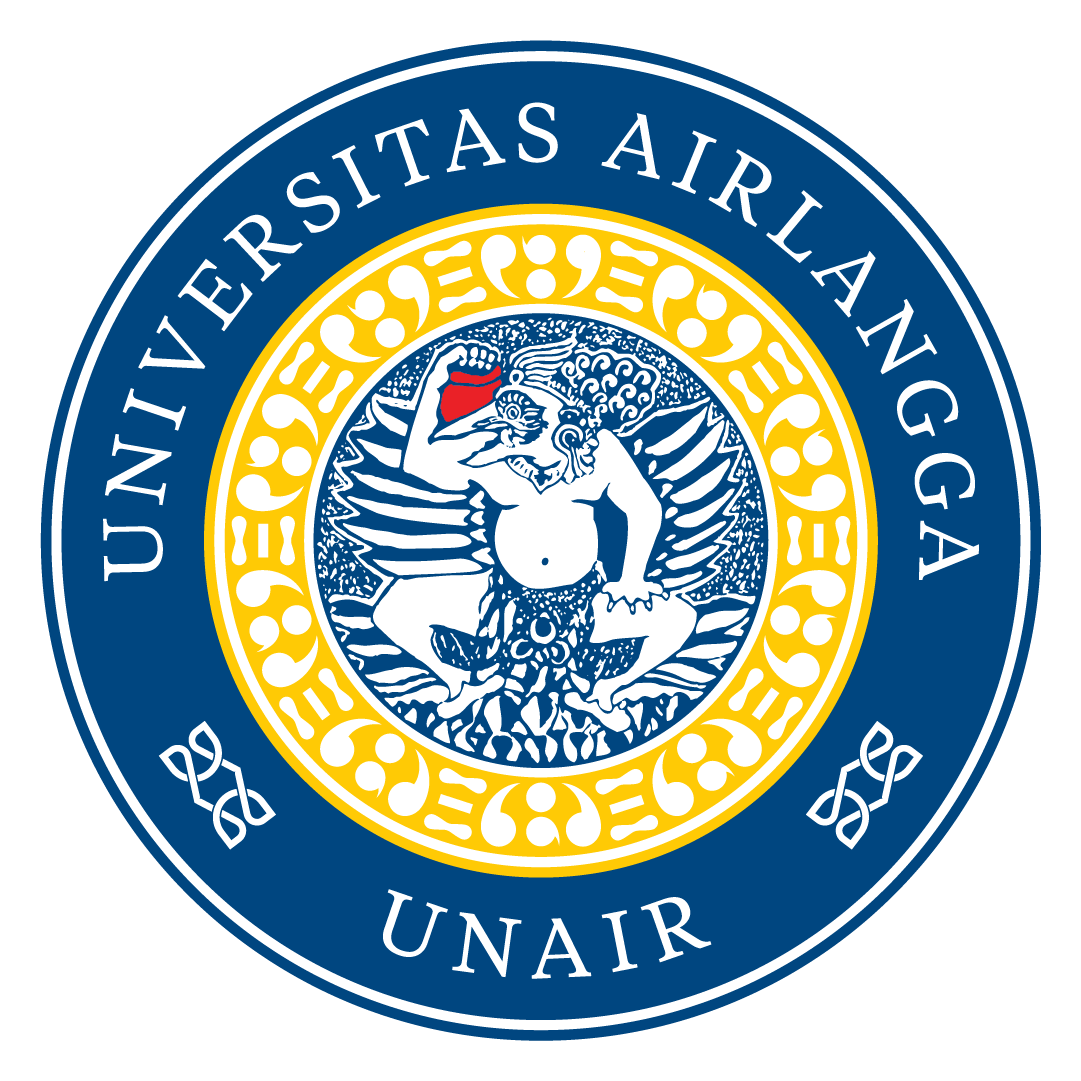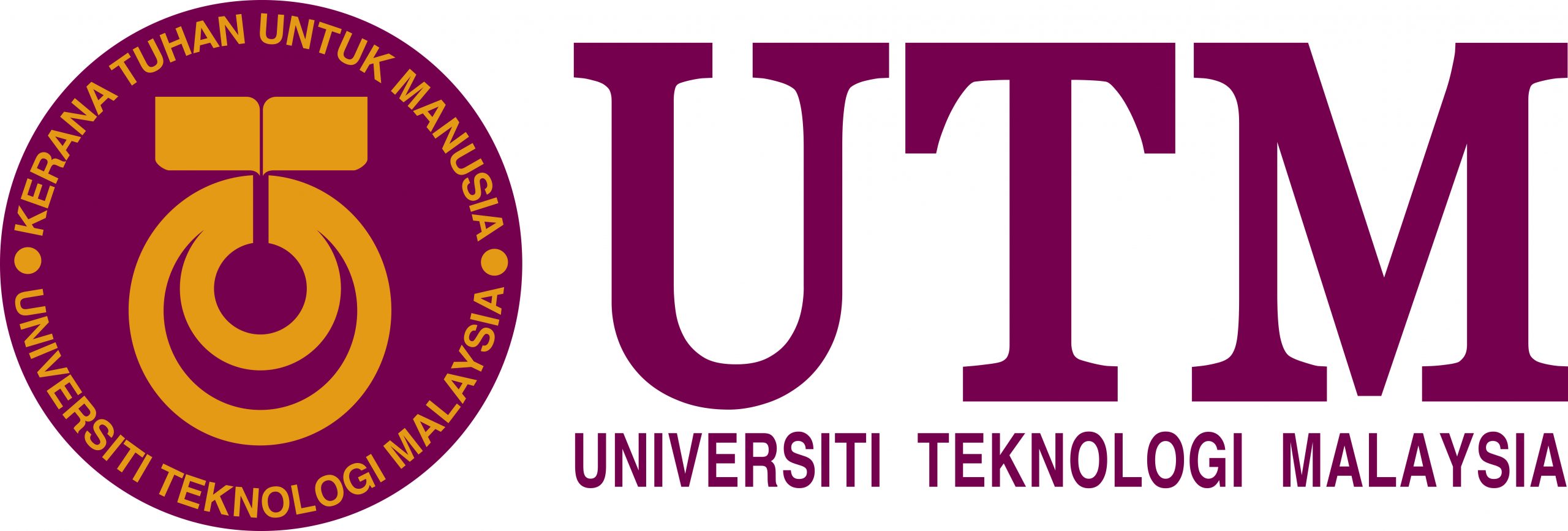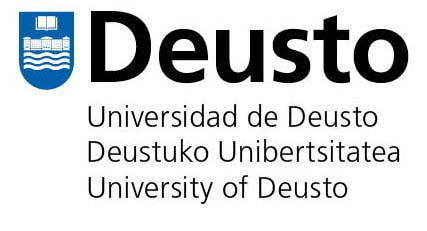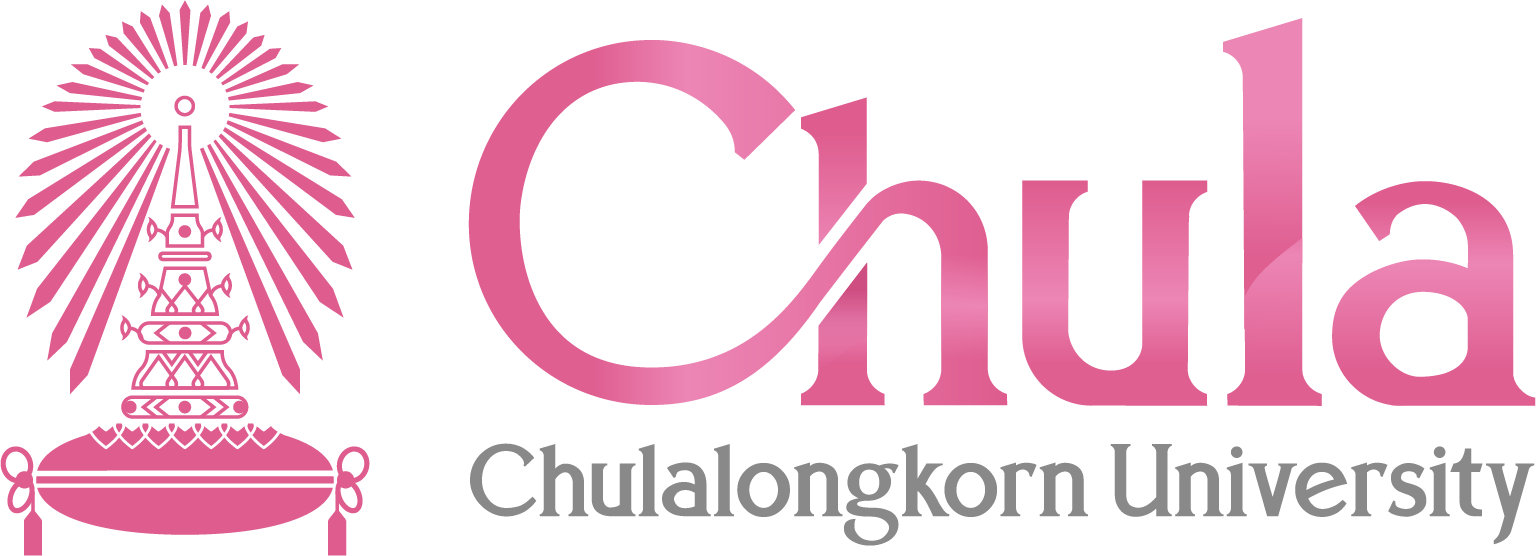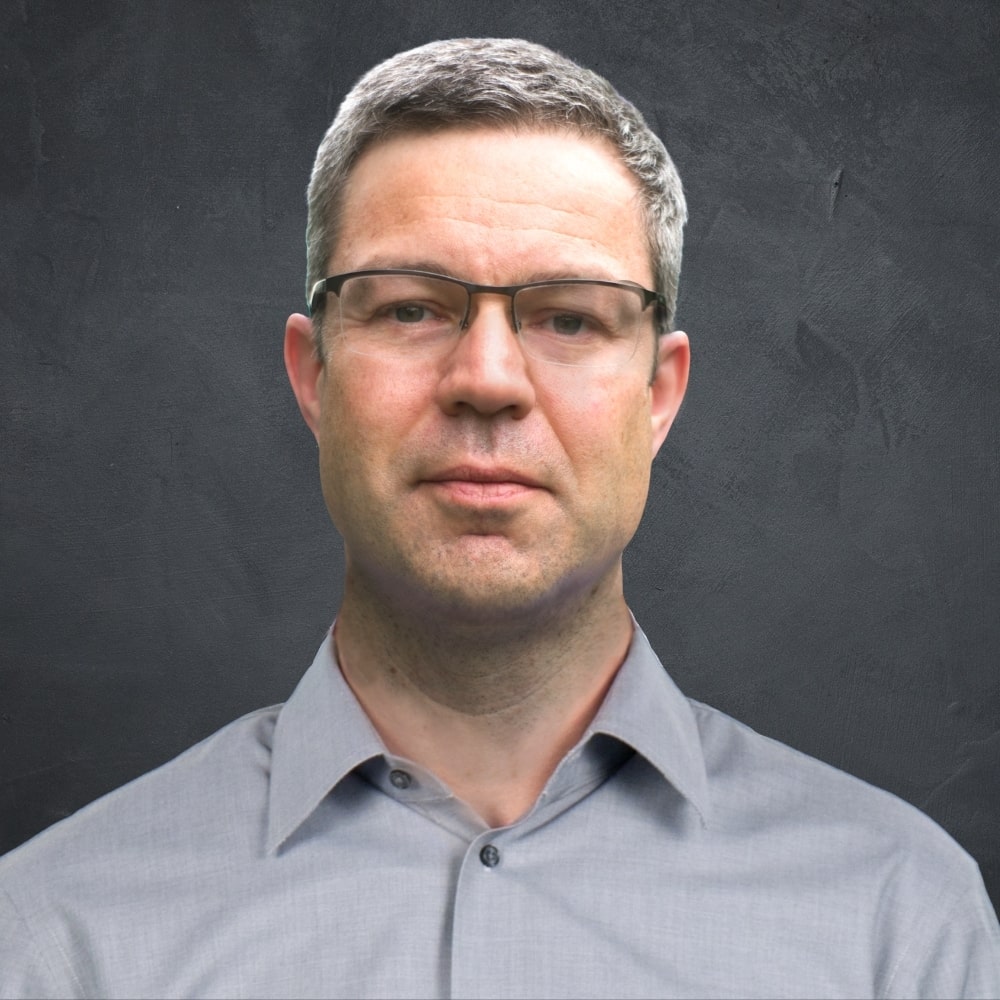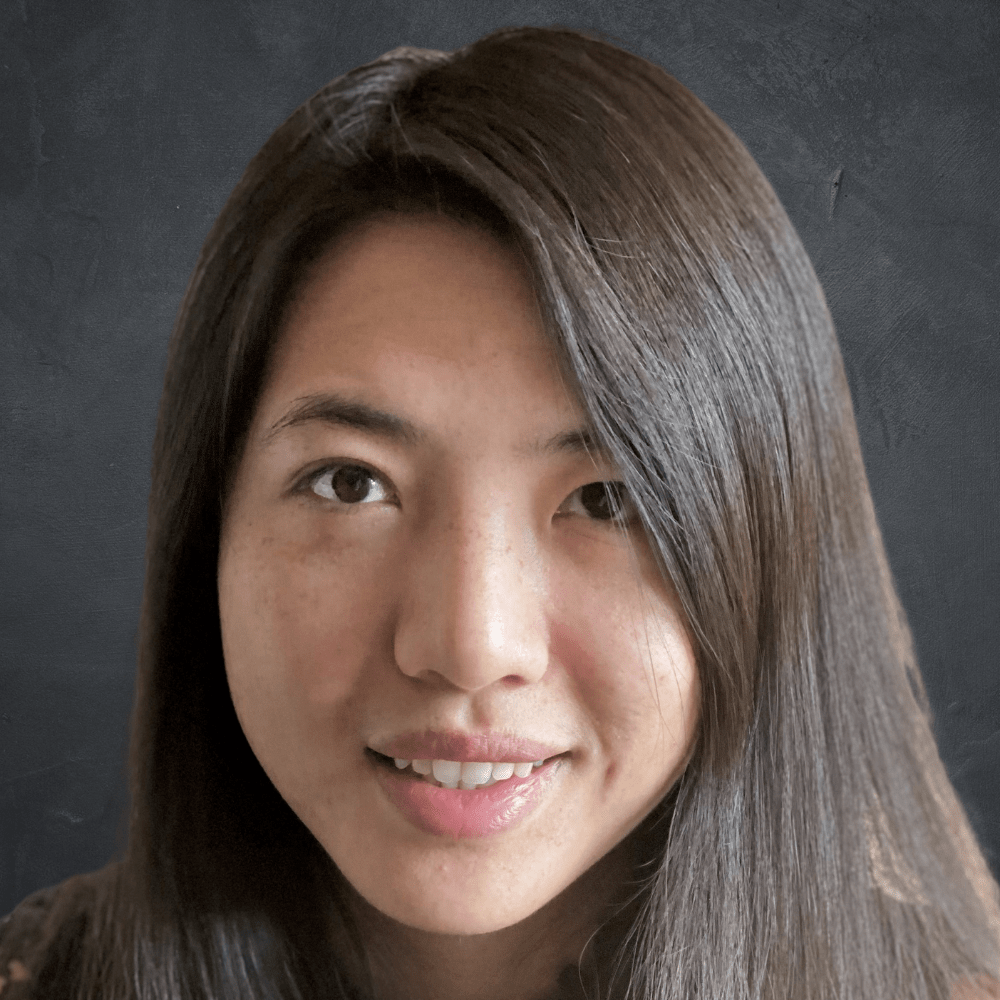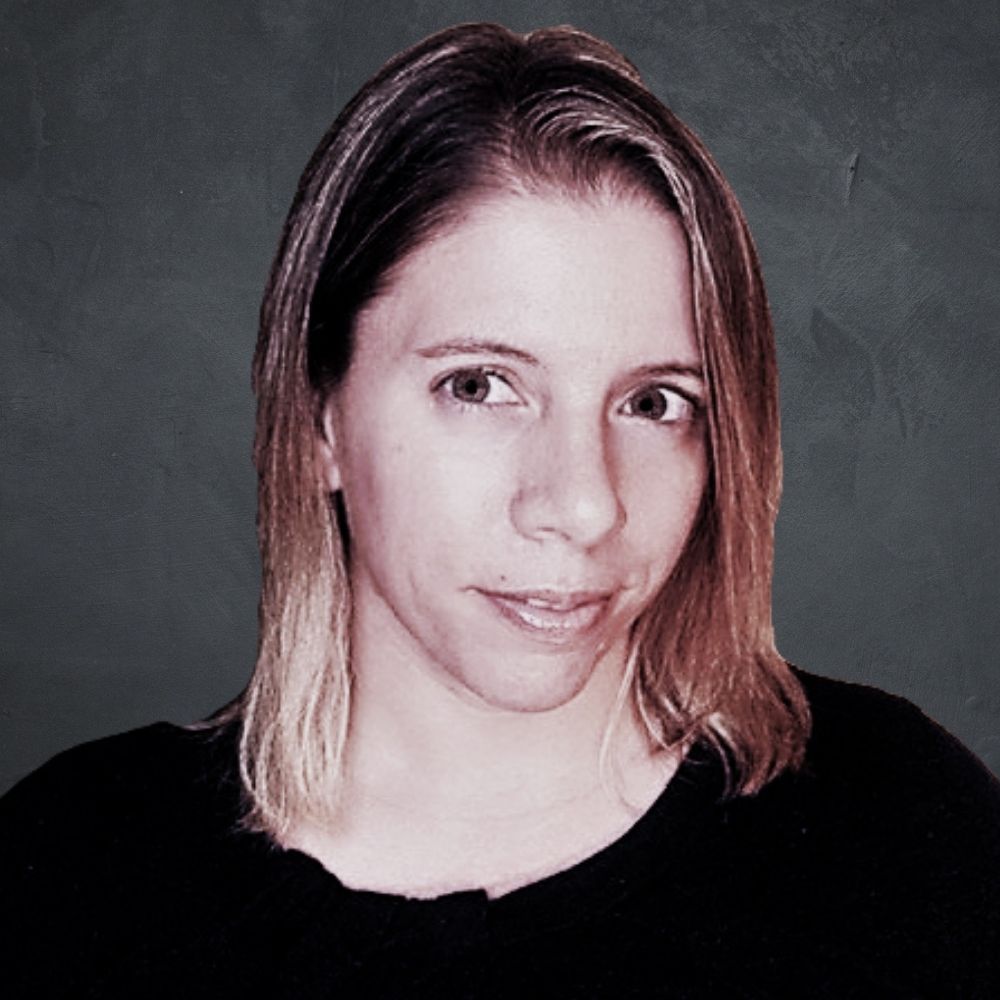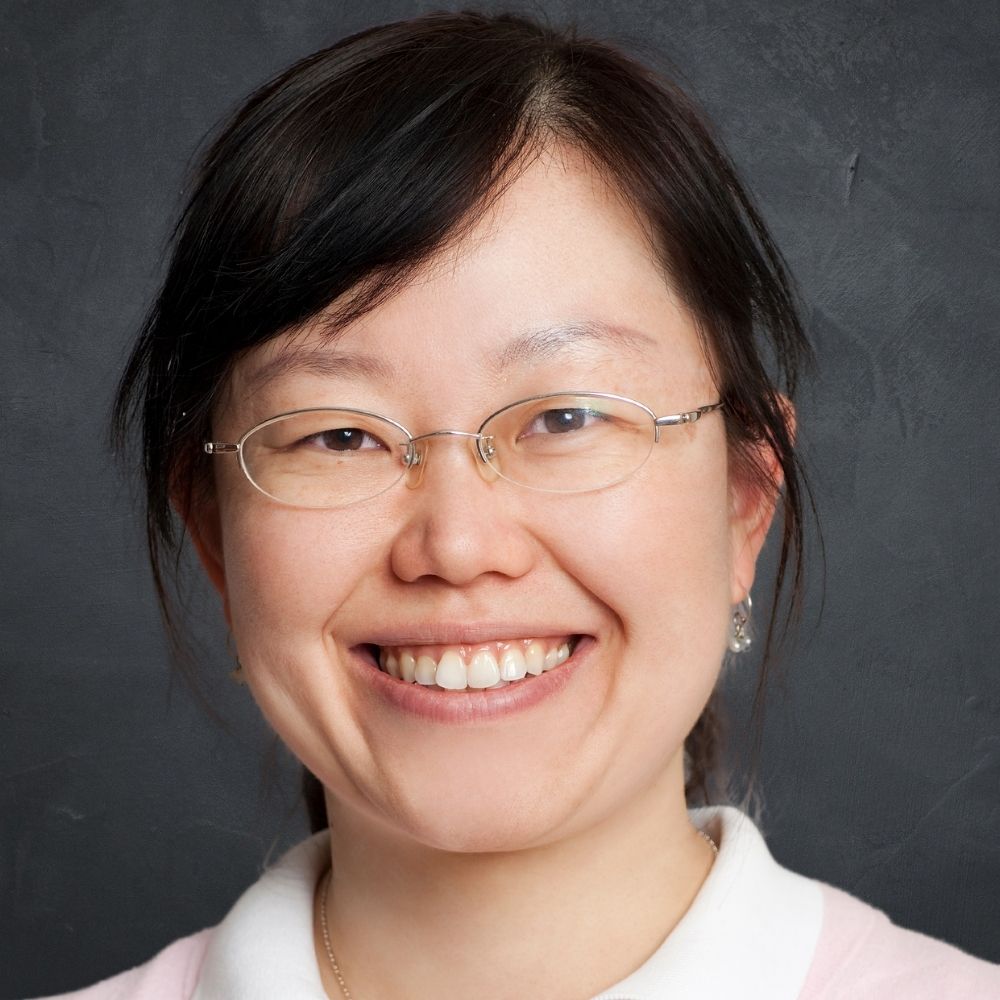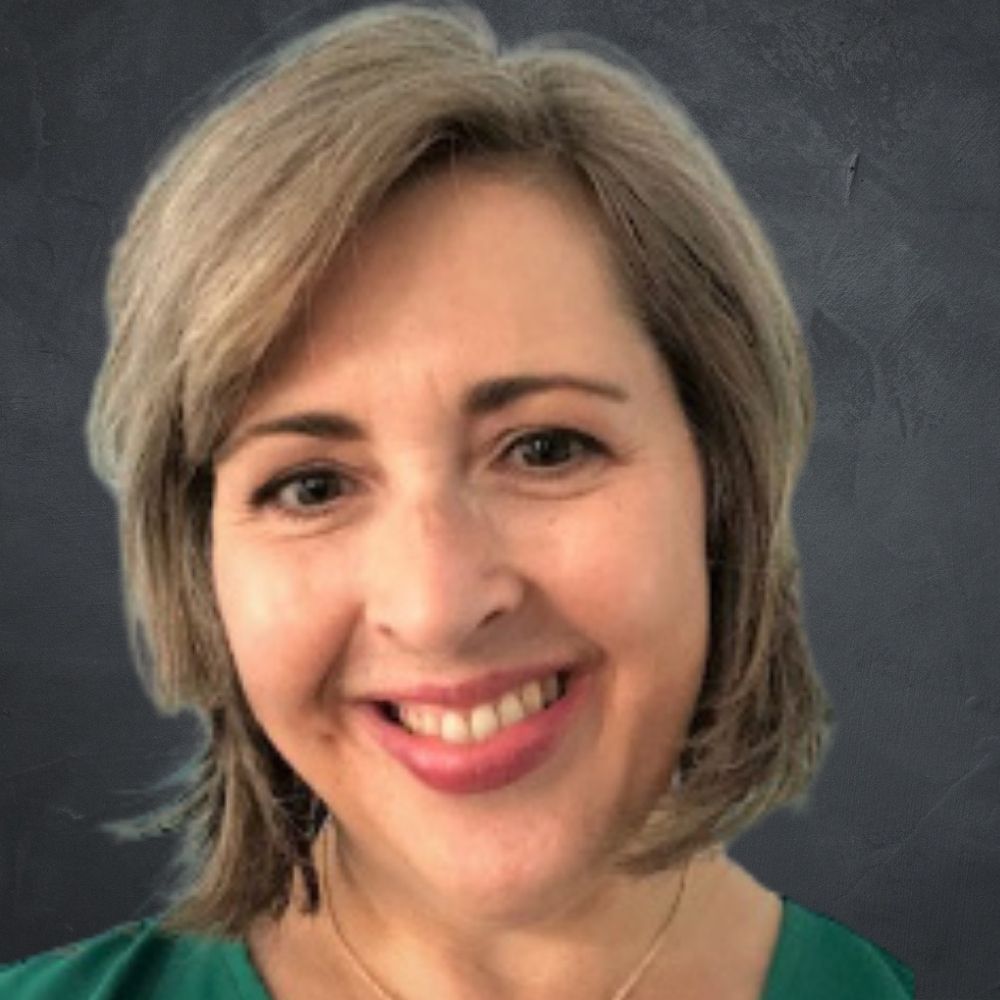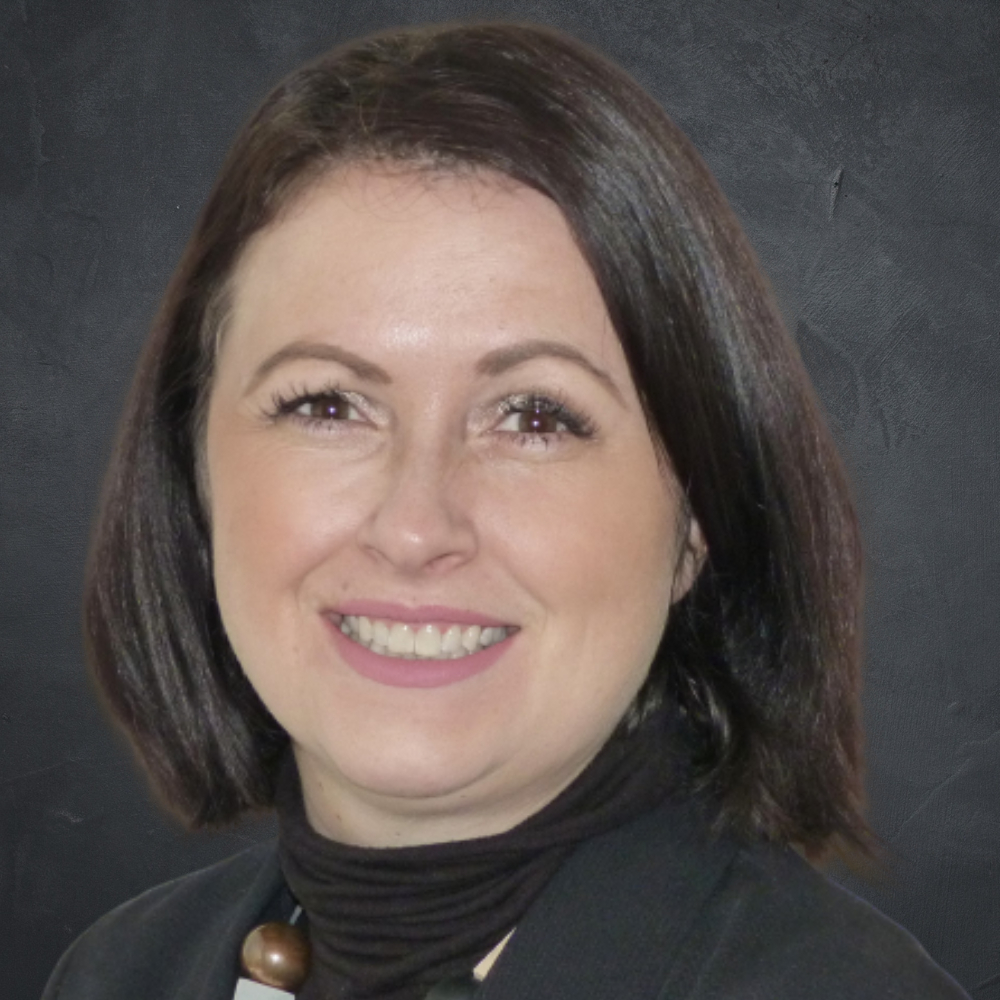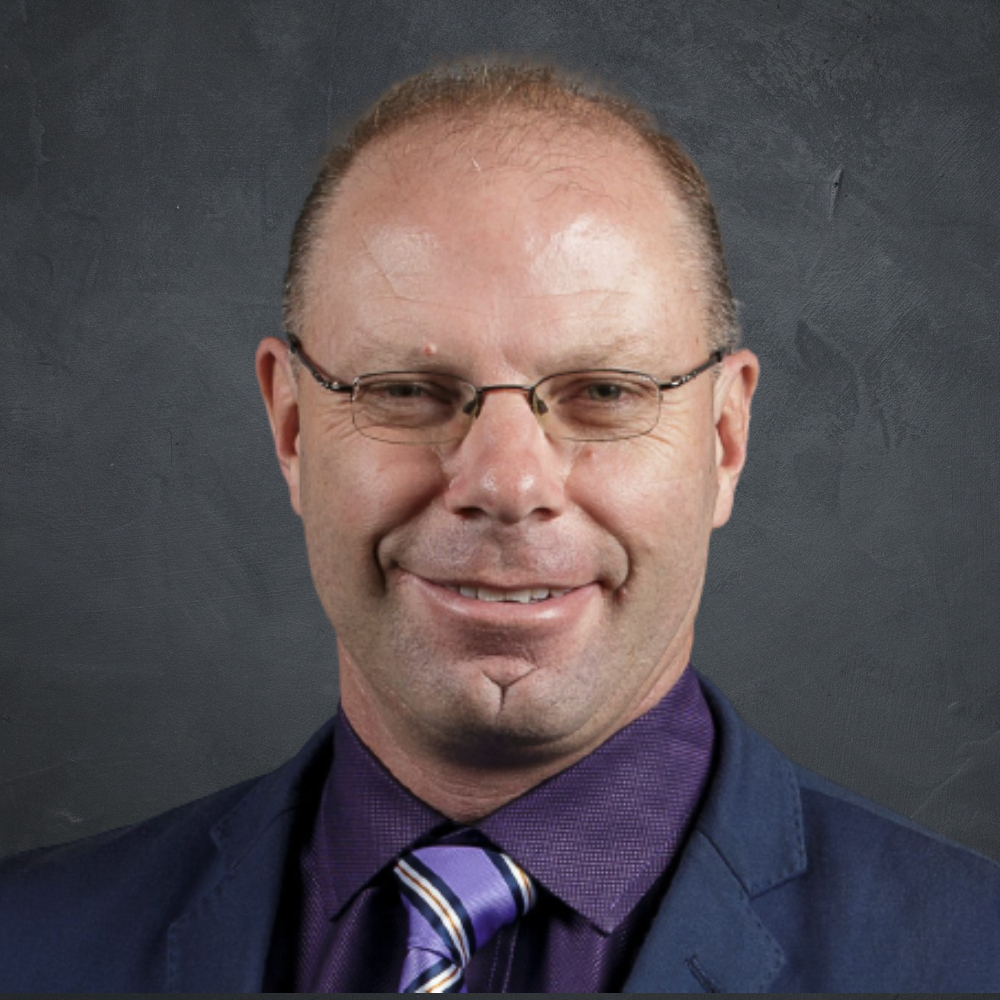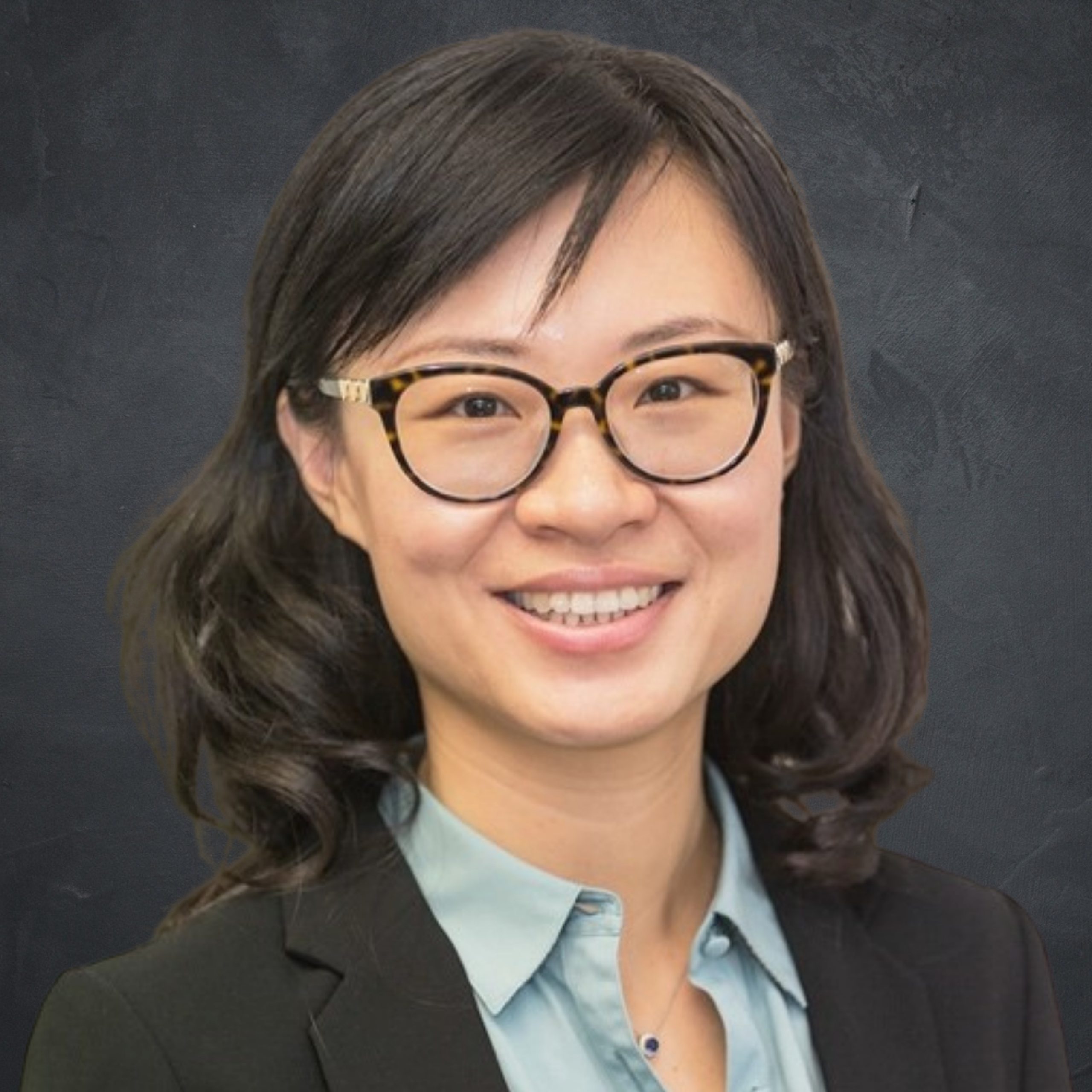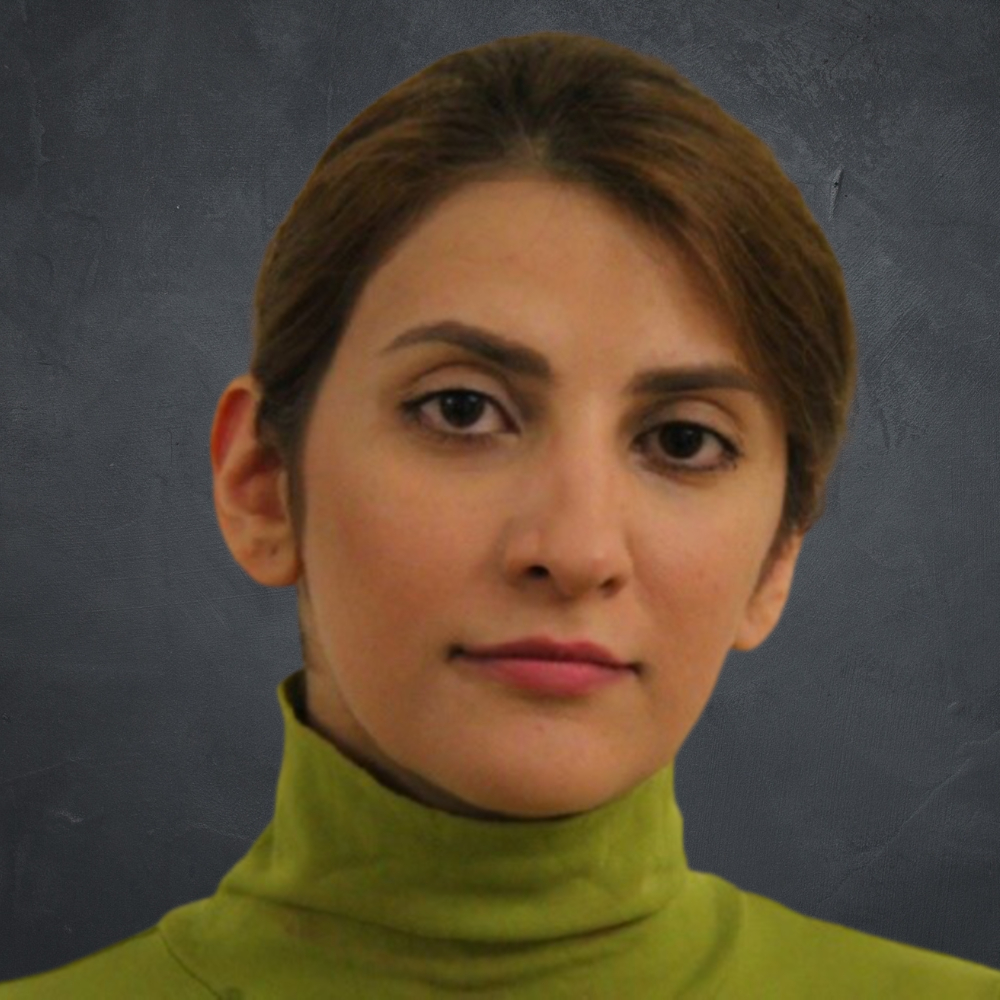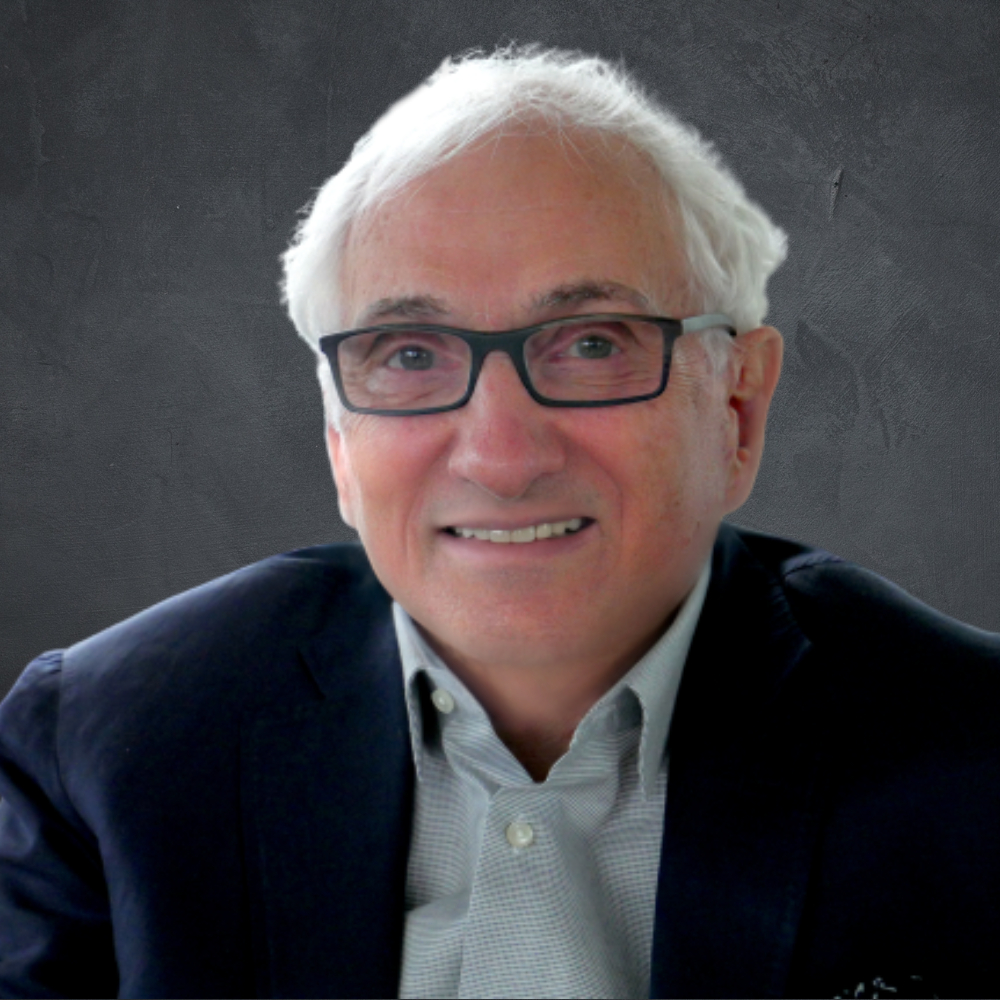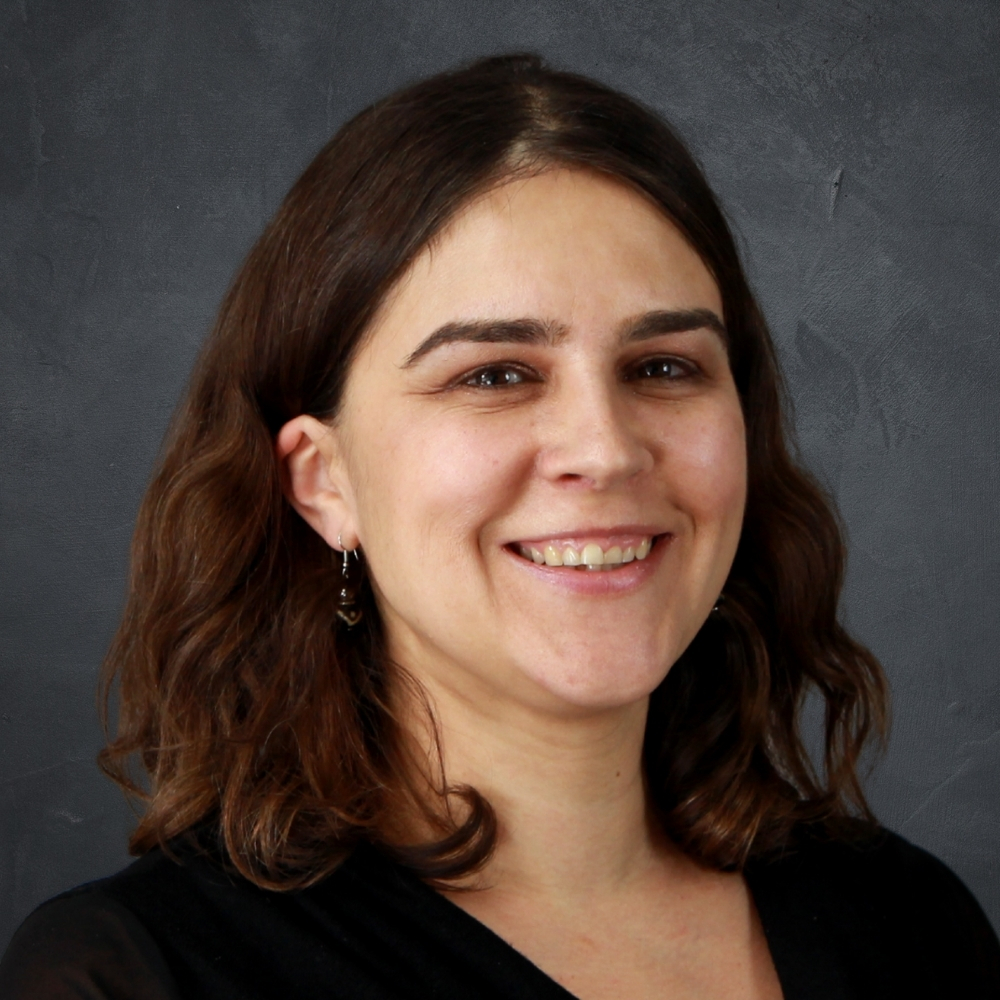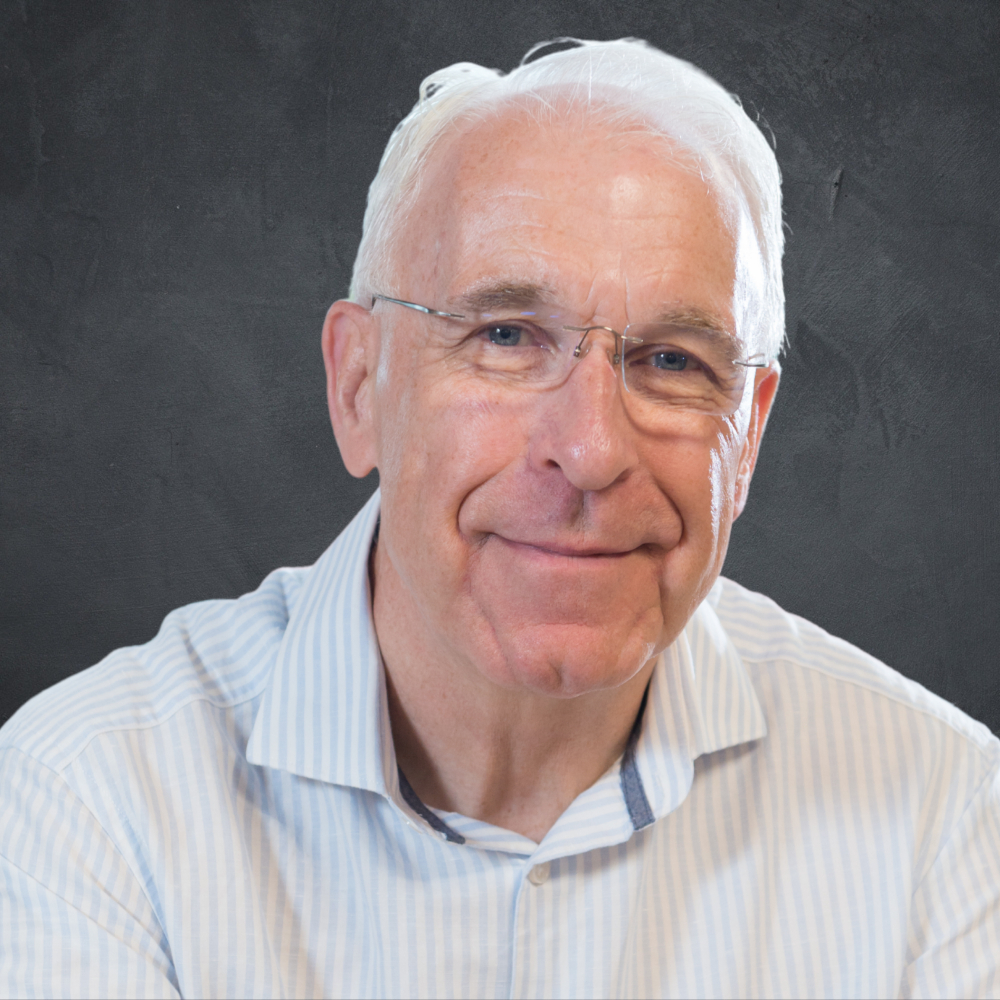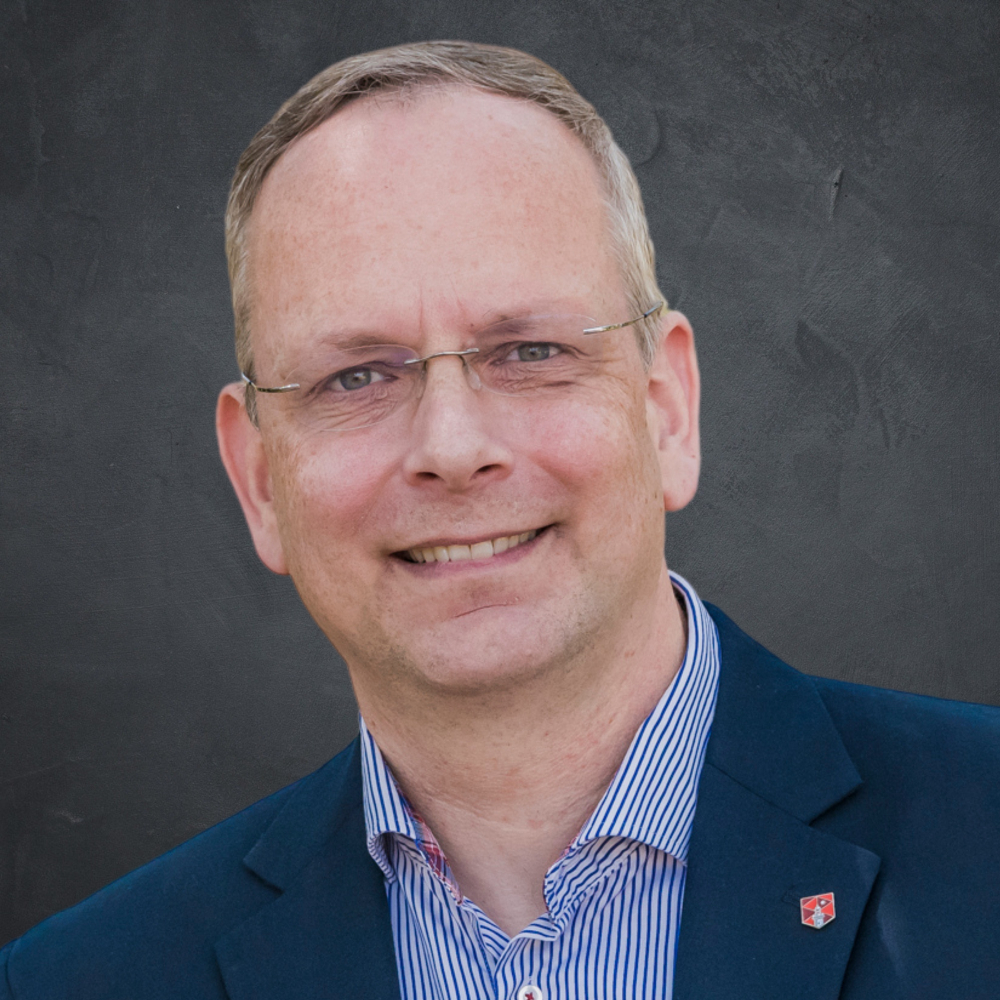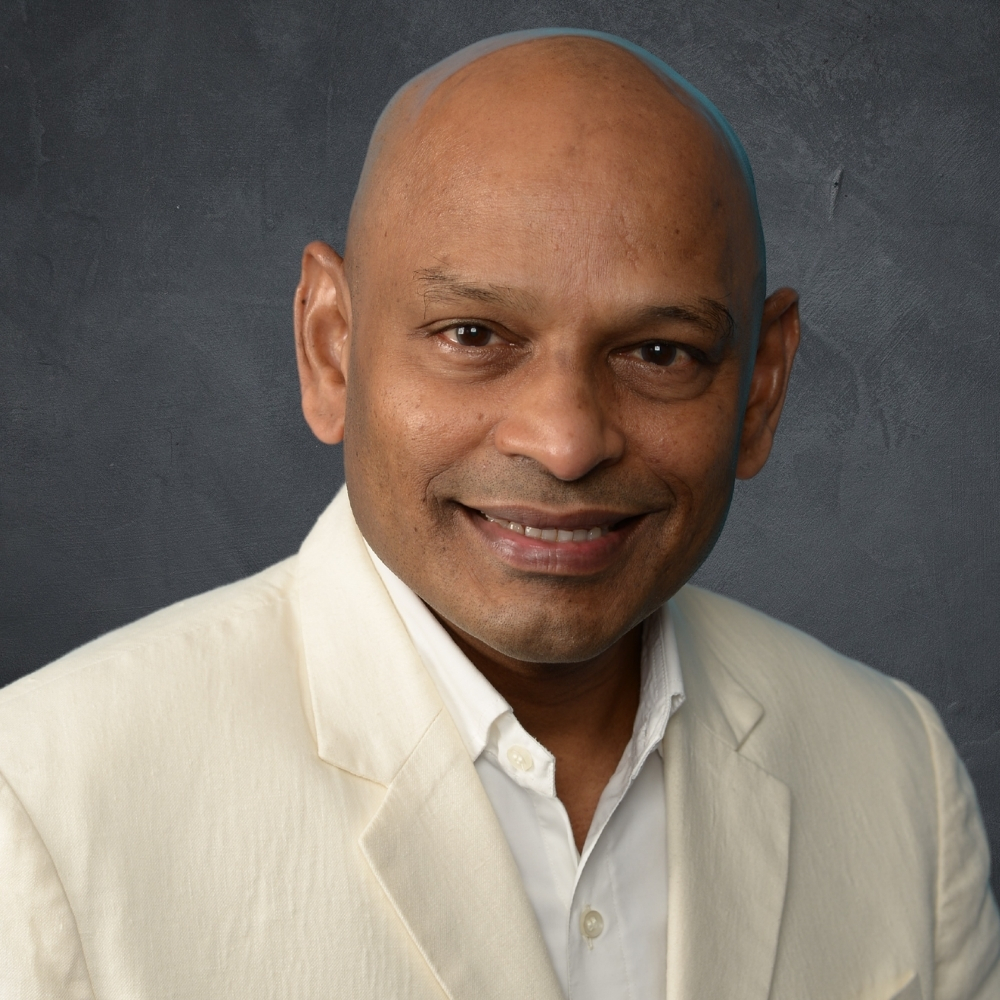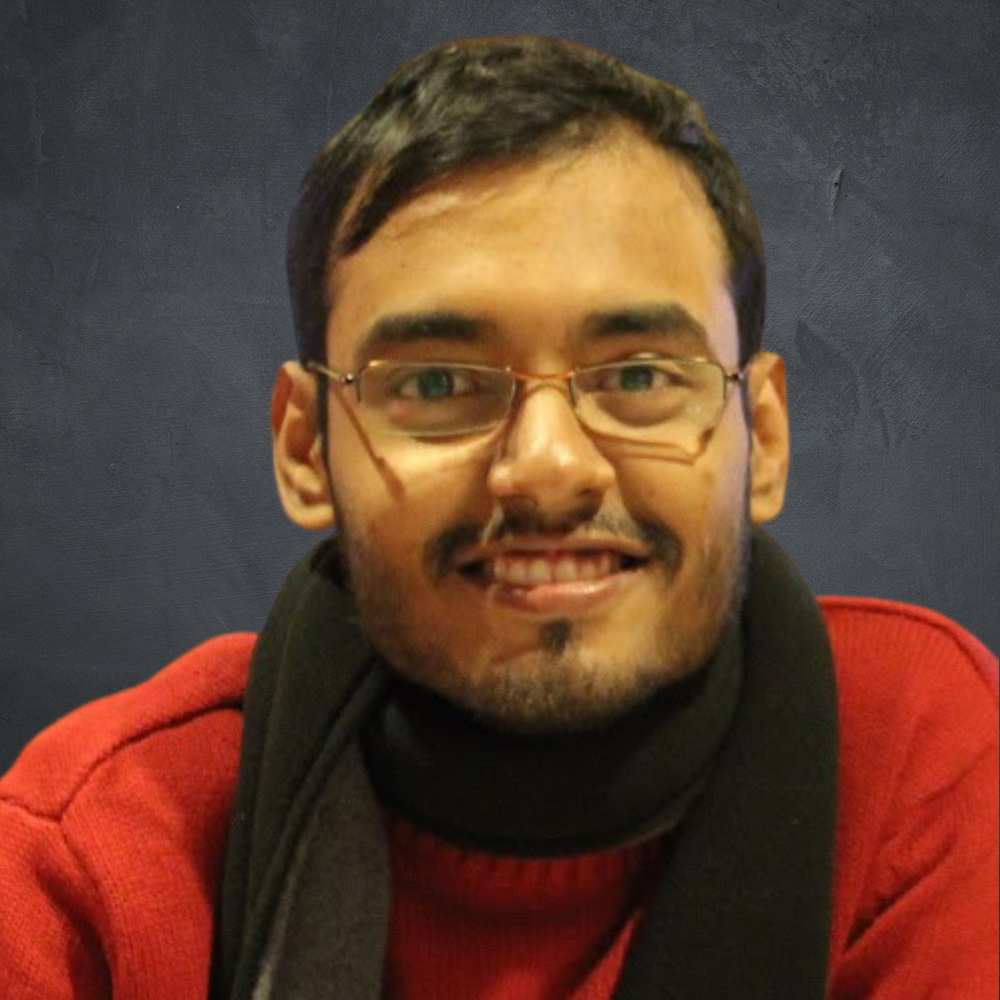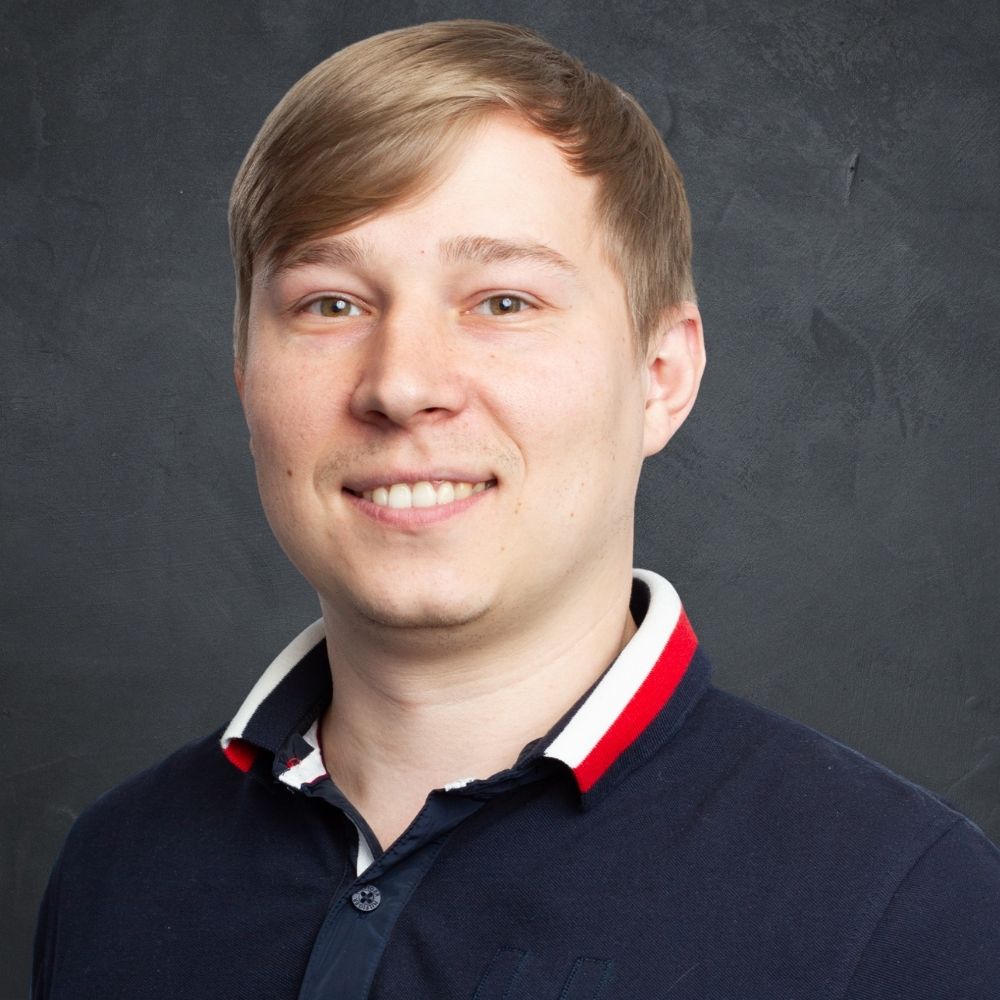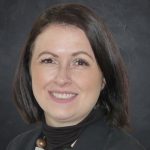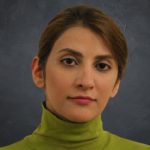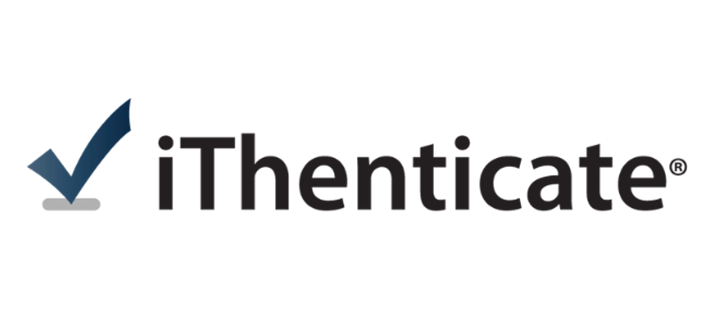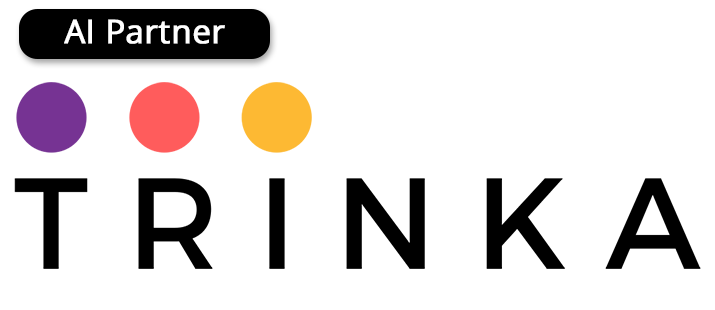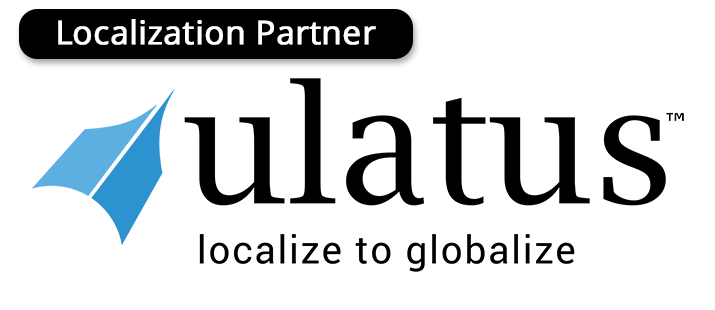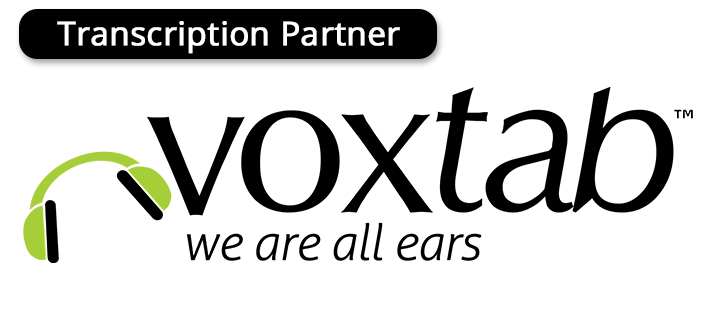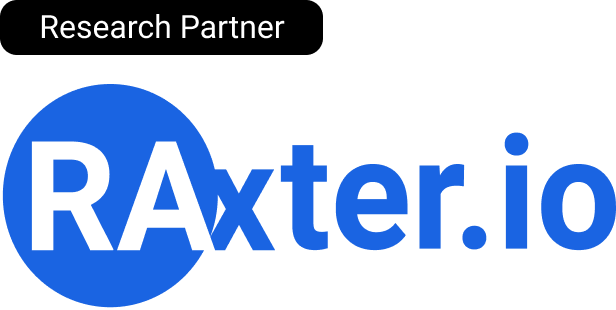
(Complimentary Access)
Session recordings will be shared with all registrants
What is the
conference about?
- Listen to Nobel Laureate Professor Randy Schekman speaking from personal experience about the importance of collaboration and openness in basic science and research publication.
- Learn about international research collaboration in the post-COVID era by Professor Richard de Grijs, Department of Physics and Astronomy, Macquarie University.
- Know more about the future perspectives of research and publication from Professor Seeram Ramakrishna, a highly cited researcher (HCR), who is currently serving as Director, Center for Nanotechnology & Sustainability, National University of Singapore.
- Aimee Nixon (Publisher) and Damaris Critchlow (Head of Publication Ethics) from MDPI will address how review and editorial processes are upheld in open access publication.
- Attend an informative session by Peter Harrison, Senior Vice President, Physical Sciences Journals, Elsevier, and hear him speak about the evolving role of a publisher in supporting the research and publication cycle.
- Sarah Greaves, STM Publishing Consultant and Former Publisher – Nature, will talk about the rapid changes in the publication process and a brave new world that researchers need to embrace.
- Professor Jerry Wind, Director of the Wharton Fellows Program, University of Pennsylvania, will discuss the urgency for interdisciplinary studies and the importance of not being boxed in a single discipline.
- Warwick Dawson (Director, Knowledge Exchange), Yuan Wang (UNSW Torch Innovation Precinct and Conjoint Senior Lecturer in the School of Civil & Environmental Engineering), and Sara Hagh (Research Engagement Director, Faculty of Engineering and IT) from The University of New South Wales & University of Technology – Sydney, will open up career paths outside the ivory tower for you and share how they transitioned into research management.
- Professor Roger Watson (Department of Nursing, University of Hull and Editor-in-Chief of Nursing Education in Practice, Elsevier) will share his personal four rules of writing for publication in top-notch journals from the point of view of an Editor-in-Chief.
Read More Read Less
When
Thursday
NOVEMBER 18, 2021
Where
Virtual
Conference
Keynote by
Nobel Laureate
Dr. Randy Schekman
meet
our speakers
Dr. Randy Schekman
Dr. Randy Schekman was awarded the Nobel prize in Physiology or Medicine, Gairdner International Award, and the Albert Lasker Award in Basic Medical Research.
Claire Chen
Gina Della Porta
Christine Chang
Michelle Schoenecker
Damaris Critchlow
Aimee Nixon
Warwick Dawson
Yuan Wang
Sara Hagh
Jerry (Yoram) Wind
Sarah Greaves
Roger Watson
Richard de Grijs
Seeram Ramakrishna, FREng
Sourish Dasgupta
Yuliya Gorenko
Serhii Tkachenko
SEE THE FUTURE 2020
Event Report
Enago’s See the Future virtual conference, the first of its kind, was held in November 2020 for researchers, university administrators, and publishing professionals across the globe. The conference began with an inspirational talk by Sir Richard Roberts on his journey to winning a Nobel Prize. The conference was well attended with more than 19,000 registrations from all regions. Deep dive into the detailed report.
schedule
details
Session 1: The Importance Of Collaboration And Openness In Basic Science And Research Publication
Subject: Publishing
Best Suited For: Researchers (all levels), Academic professionals
Speaker/s: Nobel Laureate Dr Randy Scheckman
Moderator: Tony O-Rourke, Enago
"For the most difficult challenges in scientific research, a more open and collaborative approach may make a difference in solving tough problems. Although collaborations are often encouraged by University leaders and funding agencies, the research rewards - jobs, promotion, authorship on publications and professional recognition - tend to favor the individual investigator. In my own career, key collaborations allowed my research group to achieve insights that would not have been possible on our own. Building on that theme, I will discuss where collaboration and openness has and will pay dividends.
Session 2: The Evolving Role Of The Publisher In Supporting The Research And Publication Cycle
Subject: Publishing
Best Suited For: Researchers (all levels), Academic professionals
Speaker/s: Peter Harrison
Moderator: Tony O-Rourke, Enago
"In this presentation I will discuss the role that publishers can play in supporting all elements of the research and publication cycle in the past, present and future – from planning and conducting research through to writing, publishing and sharing the outcomes of that research. I will reflect on historical contributions and services that are still relevant today, current activities and trends, and consider how these might evolve further in future as technology, content and social/collaborative interactions provide a richer, faster and more connected research and publication ecosystem.
Session 3: A Guide on US Funding Opportunities for International Research
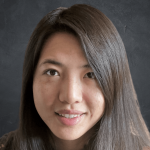


Subject: Research Management
Best Suited For: Researchers (all levels), Academic professionals
Speaker/s: Claire Chen, Gina Della Porta, Christine Chang, Michelle Schoenecker
Moderator: Tony O-Rourke, Enago
Session 4: Demystifying Open Access
Subject: Publishing
Best Suited For: Researchers (all levels), Academic professionals
Speaker/s: Damaris Critchlow, Aimee Nixon
Moderator: Darrell Gunter, Underline
"In the session ‘demystifying open access’ MDPI share valuable insight into the world of open access publishing. The session will include an overview of the history and growth of open access and open the doors on their editorial review process to share insight on how, through an investment in both technology and people, open access publishers can achieve rapid publication whilst maintaining robust and rigorous peer review and editorial processes. The combination of open licenses and rapid publication mean that vital research is made available as widely and as quickly as possible. Using MDPI as a case study, the presentation will also explore the additional benefits for authors of choosing to publish their work via the open access route, including increased visibility and citations.
Session 5: A Future Without The Disciplinary Silos

Subject: Research/Researcher
Best Suited For: Researchers (all levels), Academic professionals
Speaker/s: Jerry (Yoram) Wind
Moderator: Darrell Gunter, Underline
Session 6: Career Paths Outside Academia


Subject: Research Management
Best Suited For: Researchers (all levels), Academic professionals
Speaker/s: Warwick Dawson, Yuan Wang, Sara Hagh
Moderator: Darrell Gunter, Underline
A career in research management may involve unusual and unexpected prior pathways, sometimes involving shifts from other professions including traditional academic posts and/or commercial/industry. Research managers can be very effective in applying skills learned and experience gained from a variety of backgrounds. In this panel session we will hear from three research managers who found their way from other professions: two postdoctoral researchers, and one from industry. Topics covered will include navigating your way into research management, benefits of prior experience in other fields, and making every post a winner!
Session 7: Accelerated Publishing By Journals In The Pandemic – What Should Authors Know?
Subject: Research/Researcher
Best Suited For: Researchers (all levels), Academic professionals
Speaker/s: Sarah Greaves
Moderator: Tony O-Rourke, Enago
"In this session, Sarah Greaves will give an overview into the changes in the publishing industry driven by COVID-19. This will include an overview of preprints use, publication times, new innovations such as overlay journals and the impact felt in the industry over 18 months of high intensity pressure. Although focussed on the COVID-19 response, the impact to wider research fields will be discussed alongside the collaboration between publishing companies that has been seen since February 2020.
Session 8: A Session With Editor-in-Chief: The Four Rules Of Writing For Publication
Subject: Research/Researcher
Best Suited For: Researchers (all levels), Academic professionals
Speaker/s: Roger Watson
Moderator: Tony O-Rourke, Enago
"There are many sets of ‘rules’ for writing, as a cursory search of Google will show. The sets of rules vary in number, commonly between three to five, and some are called rules for ‘effective’ writing. While the description of ‘rules' may be misleading, as everyone has their own way of writing, it is common that the part of writing that people find hardest is actually writing, in other words, getting words down on the page that they can use to craft the final article, chapter, or book. In the presentation, I present four rules that I have found effective in over 20 years of writing for publication. None of these rules is, strictly speaking, mine; I have gleaned them from the many seminars by editorial and writing colleagues that I have attended and also from articles and books about writing. My only claim is bringing these particular four ‘rules' together. I also know that others have found them effective. My four rules are:
• Read the guidelines
• Set targets and count words
• Seek criticism
• Treat a rejection as the start of the next submission
Session 9: International Research Collaboration in the post-COVID era
Subject: Research/Researcher
Best Suited For: Researchers (all levels), Academic professionals
Speaker/s: Richard de Grijs
Moderator: Darrell Gunter, Underline
The COVID19 pandemic has taught us the importance of international scientific collaboration. Although governments imposed travel and other restrictions in an effort to curtail the spread of the virus, new and significant opportunities arose from the chaos. The record-breaking speed with which a number of viable vaccines were eventually developed could only have been realised through dedicated international research partnerships. At the present time, it is important for the international research community to capitalise on major policy gains and sometimes generous pandemic support packages. Yet, in order for science to thrive, we must work together to overcome new hurdles resulting from a concerted, long-term reduction in multilateralism and downward funding pressures. The future of international collaboration looks bright, but its continued success will depend on a significant embrace of interdisplinarity by the research community and engagement of stakeholders well beyond the traditional academic enterprise.
Session 10: Future Perspectives Of Research
Subject: Research/Researcher
Best Suited For: Researchers (all levels), Academic professionals
Speaker/s: Seeram Ramakrishna
Moderator: Darrell Gunter, Underline
Session 11: How to speed up critical reading with RAx - an AI powered literature review assistant
Critical reading and analysis of scholarly articles is the foundation of every new research contribution. It requires deeper examination of the validity, scope, and limitations of the research questions and the associated assumptions made, the soundness of the approach and the corresponding supporting arguments and evidences identified during literature review. Such examination helps researchers to identify research gaps and opportunities, and also strengthen their own research directions. Critical reading, being an investigative process, is innately exploratory in nature where one has to keep finding more scholarly articles to understand how the various scholarly claims and arguments are interconnected. However, in an era of information deluge and high velocity of publication, one can quite easily enter into a rabbit hole of reading materials and get drastically slowed down. Therefore, finding the right articles in the right context and then able to quickly curate one's reading list becomes extremely important. Equally important is to critically consume the specifics fast enough and then able to relate those details with the knowledge a researcher has historically acquired over years of literature review. In other words, the ability to connect the dots quickly. This, however, is cognitively a hugely challenging task even so due to the innate human memory barrier when it comes to remembering the details. In this talk I am going to discuss the various levels and aspects of critical reading and show how with the help of RAx (an AI powered literature review assistant) one develop very effective yet extremely critical reading workflows to final win the cognitive battle against volume, velocity, and time.
Session 12: How to Ensure the Integrity of Your Research Publication with iThenticate

Subject: Research/Researcher
Best Suited For: Researchers (all levels), Academic professionals
Speaker/s: Yuliya Gorenko, Serhii Tkachenko
Moderator: Tony O-Rourke, Enago
Verifying that your manuscript is free from plagiarism is an important step to getting your research work published. In this session, we’ll explore how researchers can leverage technology to check their work for text similarity and avoid citation mistakes.
Attendees will learn why ensuring a research article is free from accidental plagiarism is crucial for one’s reputation and successful publication. The speakers will present simple yet effective tips to help researchers protect the integrity of their publications. This session is brought to you by iThenticate in partnership with Enago.

